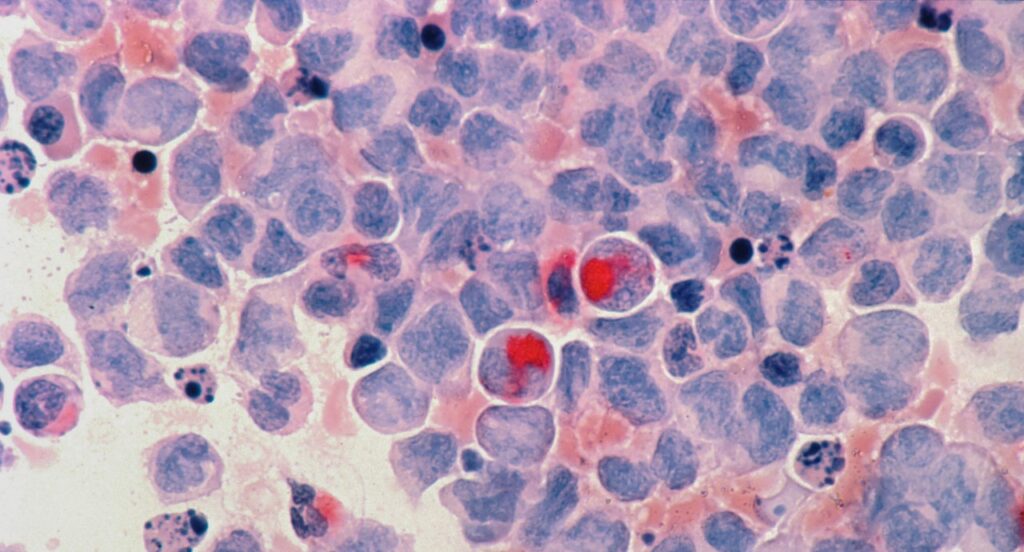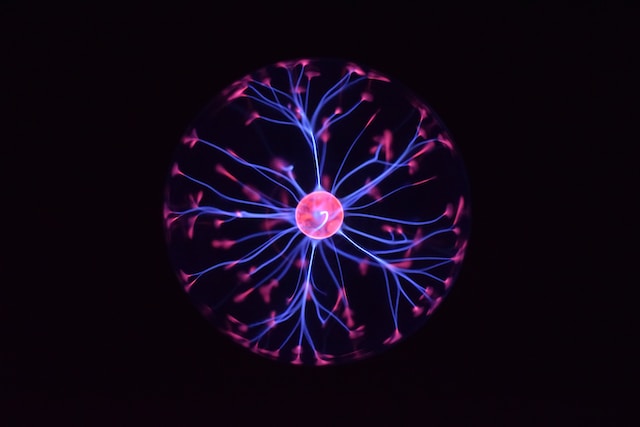The topics of extreme life extension and biological immortality are most often discussed in the scientific community as well as society and are slowly becoming a new scientific and technological trend. Apart from technological challenges, ethical and philosophical concerns are another vital drawback keeping humanity from fully dedicating their time, efforts, and resources to pursue the aim of extreme life extension.
These ethical and philosophical aspects are often addressed and explored in detail in various works of fiction. Life, death, and aging are very symbolic and archetypal themes that continue to reoccur in art and literature. Therefore books and cinema can provide some background knowledge on the latter issues. However, one particular subtopic of those common themes is rarely addressed in a fundamental sense. That is – the topic of self-destruction. Self-destruction is an important concept regarding longevity and life extension because aging can be viewed as gradual biological self-destruction of an organism. One of the pioneers of longevity research, Aubrey de Grey defined aging in this exact way:
“…it is the accumulation of initially harmless, but eventually problematic self-inflicted damage.”
There are many books and movies depicting and even centering around suicide, drug abuse, depression, etc., but they confine self-destruction to certain characters, times, and circumstances. This phenomenon is rarely considered as a widespread, inherent human condition. Moreover, they confine it to a psychological domain, which is mostly viewed and understood as a psychological coping mechanism or a way to deal with emotional pain. However, one fairly recent movie is unique in this regard – it not only addresses self-destruction as a fundamental human condition but also considers it beyond psychology, instead depicting it as both psychological and biological. We are talking about Alex Garland’s sci-fi thriller Annihilation.
Arguably the three main ideological themes are being explored in this movie – continuation (expressed through duplication, repetition, mimicking), change (expressed through novelty, mutation, hybridization), and self-destruction. The shimmer, the alien phenomenon which the movie centers around, has the two first qualities and is, in a sense, characterized by them – that’s what it does, it duplicates and mutates (i.e. makes something new).
The third quality – self-destruction is given special importance in the movie. The word annihilation can be regarded as a synonym of self-destruction. Alex Garland, the director of the movie stated multiple times in different interviews that Annihilation is basically a movie about this phenomenon. Every character in the movie who enters the shimmer does it at least partially, as an act of self-destruction. All the characters we are familiarized with – the five women of the new expedition going into the shimmer and Lena’s (i.e. the main character) husband, Kane, the survivor of the former expedition, have serious problems in their lives and the resulting suffering is at least a partial, if not the main reason driving them to volunteer for this apparently suicidal mission.

Source: The Cinema Archives
“Volunteering for this is not exactly something you do if your life is in perfect harmony. We’re all damaged goods here.” – geomorphologist Cassie tells Lena while they share the same boat inside the shimmer. Later in the dialogue between Lena and Dr. Ventress the topic is brought up again: “Almost none of us commit suicide, and almost all of us self-destruct. In some way, in some part of our lives. We drink or we smoke. We destabilize the good job or the happy marriage. But these aren’t decisions, they’re impulses. In fact, you’re probably better equipped to explain this than I am. You’re a biologist. Isn’t self-destruction coded into us? Programmed into each cell?” – Ventress asks Lena.
The shimmer lacks this exact quality that all humans entering it and it’s fair to say, all humans in general have this. The shimmer grows like cancer – it has no apparent intention of its own, it simply spreads. Cancer can be viewed as ordinary cells that lack the quality of self-destruction, becoming an alien in the body just like the shimmer is an alien in the natural Earth’s ecosystem. There are many references to cancer in the movie. In one of the beginning scenes, Lena is explaining the biology of cell division while showing a video of dividing tumor cells to her students. We later get to know that Cassie’s daughter died from leukemia and finally that psychologist Dr. Ventress had terminal cancer.
The scene depicting Lena’s biology lecture is worth expanding on. The cells shown in the educational video unambiguously belong to the HeLa cell line. This can be guessed from Lena’s reference -“Female patient, early 30s, taken from the cervix”. HeLa cell line is an immortal human cell line cultivated in vitro which is both the oldest and the most commonly used for scientific research. It was developed from a biopsy of the cervical tumor of 31-year-old patient Henrietta Lacks in 1951. There is a book “The Immortal Life of Henrietta Lacks” by Rebecca Skloot dealing with the events that lead to the birth of HeLa and the aftermath. In a later scene of the movie, Lena can be seen reading that book. These references to HeLa in Annihilation can be interpreted as an allegory of enormous vitality and immortality of such pathogenic (from the usual biological standpoint) phenomena as cancer and the shimmer.

Acute myelocytic leukaemia (AML)
In humans self-destruction aspect seems to be both biologically and psychologically inherent. It is generally viewed as a negative thing, – a part of human suffering. However, what the movie implies is that this human quality is simply natural. It’s what defines us. Just like growth and change define the shimmer. The end of the movie illustrates how self-destruction can serve a positive function – Lena places a grenade in her duplicate’s hand, the alien is destroyed by making it mimic and thus learn this human quality. If there was a way to “teach” cancer cells to self-destruct, this would become a cure for cancer.
On the other hand, the quality of permanent vitality that both cancer and the shimmer exhibit is what humans lack and seek in the form of spiritual liberation in the psychological domain and in the form of life extension in the biological domain. The same philosophical dilemmas that are explored in this movie are valid for the topics of extreme life extension and biological immortality.
Activating telomerase in somatic cells to prevent telomere shortening and thus bypass the Hayflick limit is a common theoretical approach towards biological immortality.[i] We can see Lena and Kane discussing the same topic in one of the scenes of Annihilation. However, the line between immortal somatic cells and cancer cells is thin. Cancer cells are somatic cells that have active telomerase (therefore don’t have a limit to how many times they can divide), lack apoptosis (i.e. programmed cell death) and have continuous activation of mitosis (i.e. cell division). Aging can be viewed as gradual cellular self-destruction and can be regarded as the quality that separates cancerous cells from healthy cells.[ii] Overcoming aging thus would mean removing the function of self-destruction at the cellular level.
This raises the following questions – is it possible to create endless cell division without turning it into a cancer-like pathogenic phenomenon? If self-destruction at the cellular level prevents cancerous growth should we aim for its removal? Is humanity’s pursuit of immortality a natural wish to overcome self-destruction or is self-destruction itself rather a natural, balancing force?














